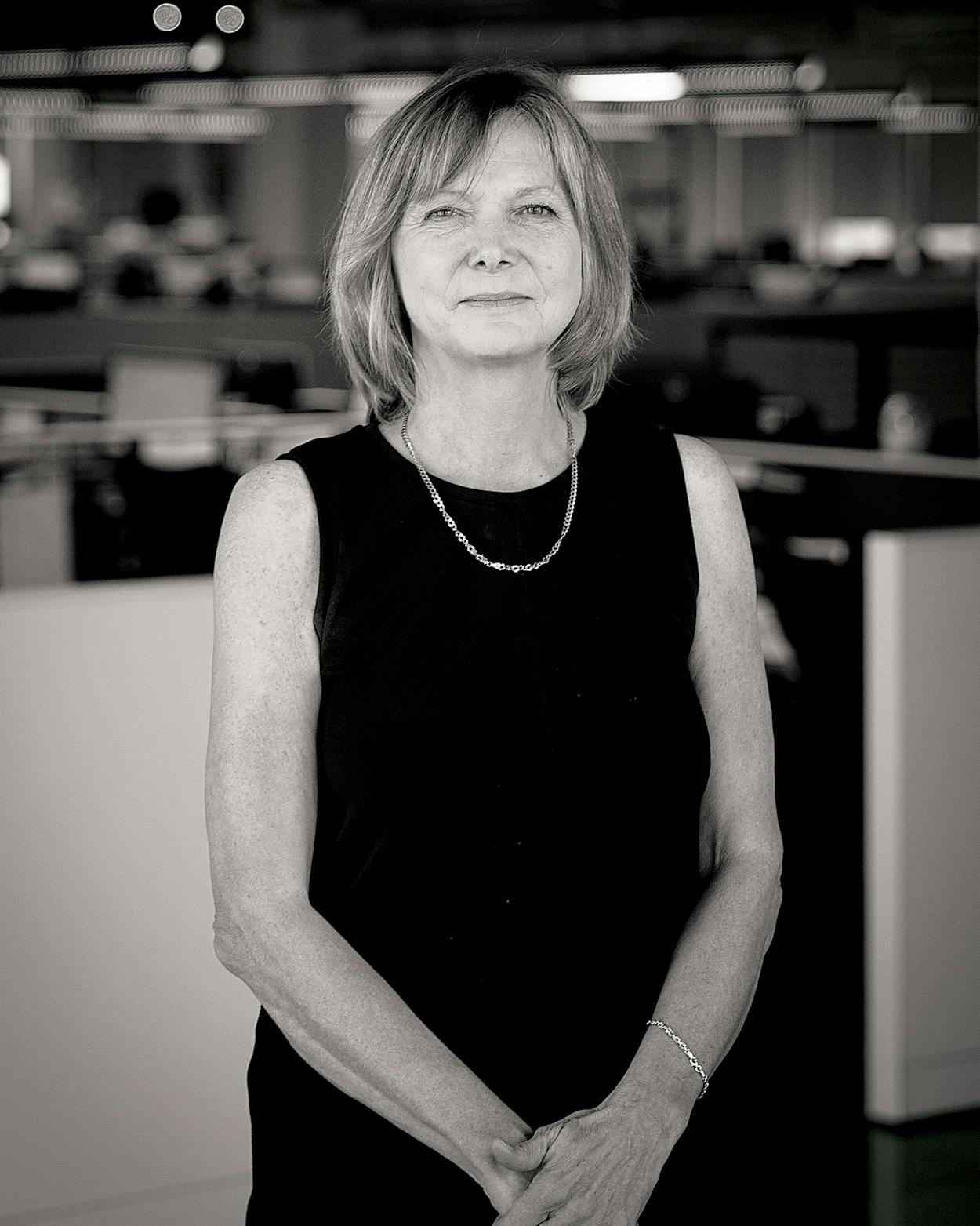The wave of egregious sexual harassment cases that has unfolded this year reflects that old adage: power corrupts, and absolute power corrupts absolutely. Men, like Harvey Weinstein, have risen to positions in which either they’re such a star that nobody wants to mess with them, or they’re such a star that they’ve forgotten reality and think they can get away with something. This movement we are seeing now is about calling bullshit on that behavior. We’re shining a bright searing light on corruption and bad practices, and we are finding that this horrendous behavior cannot withstand the searing light of the truth.
Some of this behavior has been blatant for years, and in some businesses, it has not exactly been a secret. Women have felt they had to put up with this crap to move ahead. Now, we’ve finally gotten to a point where there are enough women in positions of power who are successful and aren’t afraid to speak up and stare it down.
In my career, I have never experienced that type of predatory behavior. I have, however, experienced what I’d call more subtle sexism, where a male editor might have male reporters out to dinner or go golfing. Then, when you’re up for a promotion, the reporter whom the male editor is friendly with might get more attention that the female reporter from whom he must keep his distance. That’s a more subtle and pervasive sexism that can undermine success.
We need to be talking more openly about those subtler forms of discrimination that people may not be aware of, and making sure that it’s on everybody’s radar as much as the more overt sexist behavior. I want to have those conversations with my staff, and make sure that the opportunities are equal for everybody.
The worst personal experience? When I was in my late twenties, I was interviewing for a job at a newspaper, and I told the editors that I was pregnant. That was it. They told me, “Well, we really need somebody who’s going to be around this summer, but we’ll hire you after your baby is born.” I think these male editors intended to eventually hire me, but they didn’t want to be bothered by having an editor go out on maternity leave. Iraq invaded Kuwait that summer, the paper merged with another, and there were no reporting jobs to be had for a long time. That could have completely derailed my career if I hadn’t been so persistent.
As a female editor or journalist, you have to pick your moment about whether you want to complain and have everybody roll their eyes at you, or you want to deal with it and power through it. With that pregnancy issue, I could have filed a lawsuit—it was clear discrimination. But then you’re labeled a troublemaker in the business, and do you want that to follow you the rest of your career?
After that experience, I’ve always been very careful to make it clear that it’s OK when a woman comes in to interview who is pregnant. Anybody in management knows it’s a hassle when somebody goes off on leave, but I’m clear that we won’t consider that one way or the other in our decision to hire somebody.
As the editor-in-chief, I’m no longer capable of experiencing harassment as a young reporter. I’m the person in a position of power. As a manager, I need to talk with the young women and men in our newsroom and hear about the newsroom experience from their point-of-view. When concerns are brought up, managers—men and women—owe it to our employees to listen to them and not brush those concerns aside.
To see resources about female mentorship, getting involved in local issues, and what to do if you experience sexual harassment, read here.
More from this collection
The Women’s Voices Project
In a series of as-told-to conversations, two dozen Texas women talk about gender, work, and what needs to change for women in their home state. Read their perspectives here.






